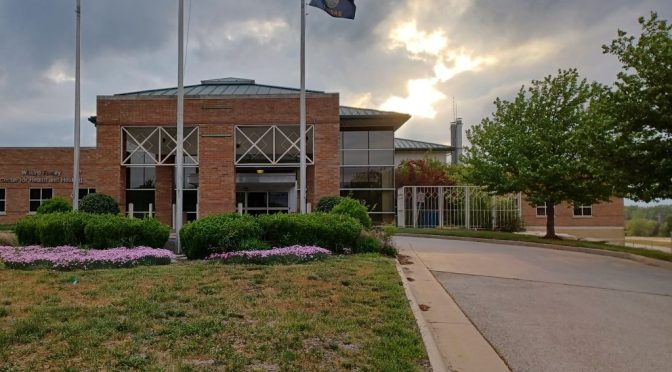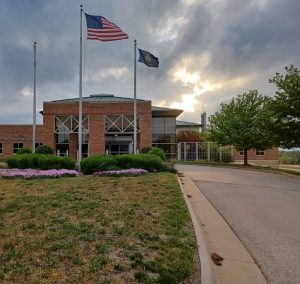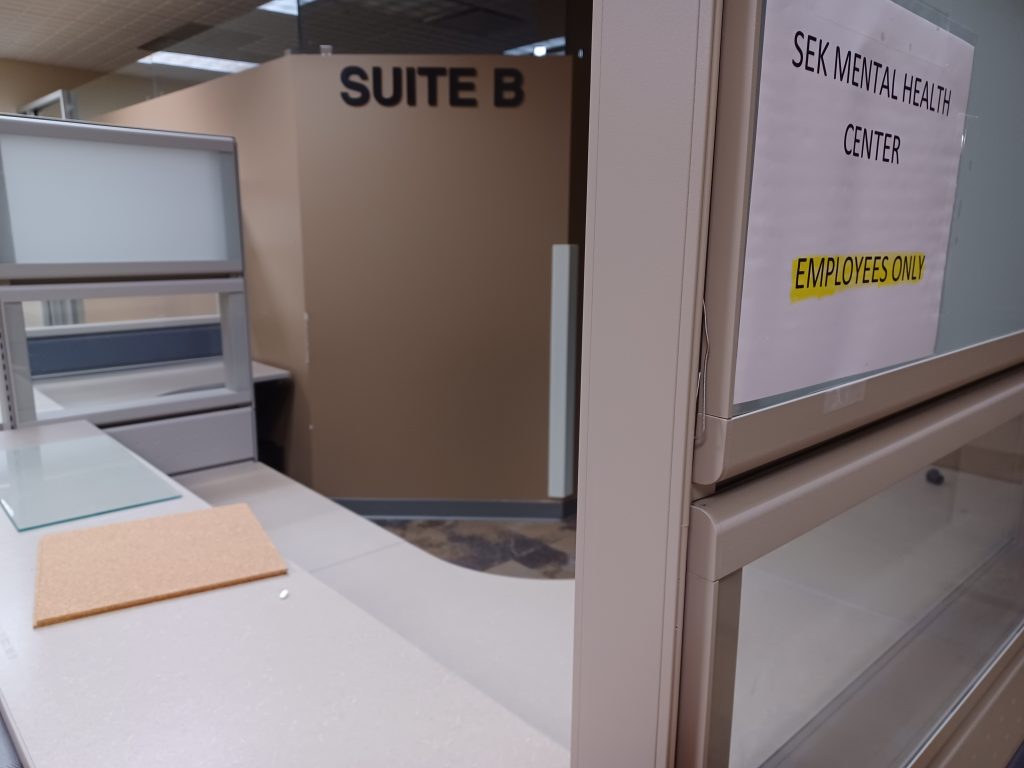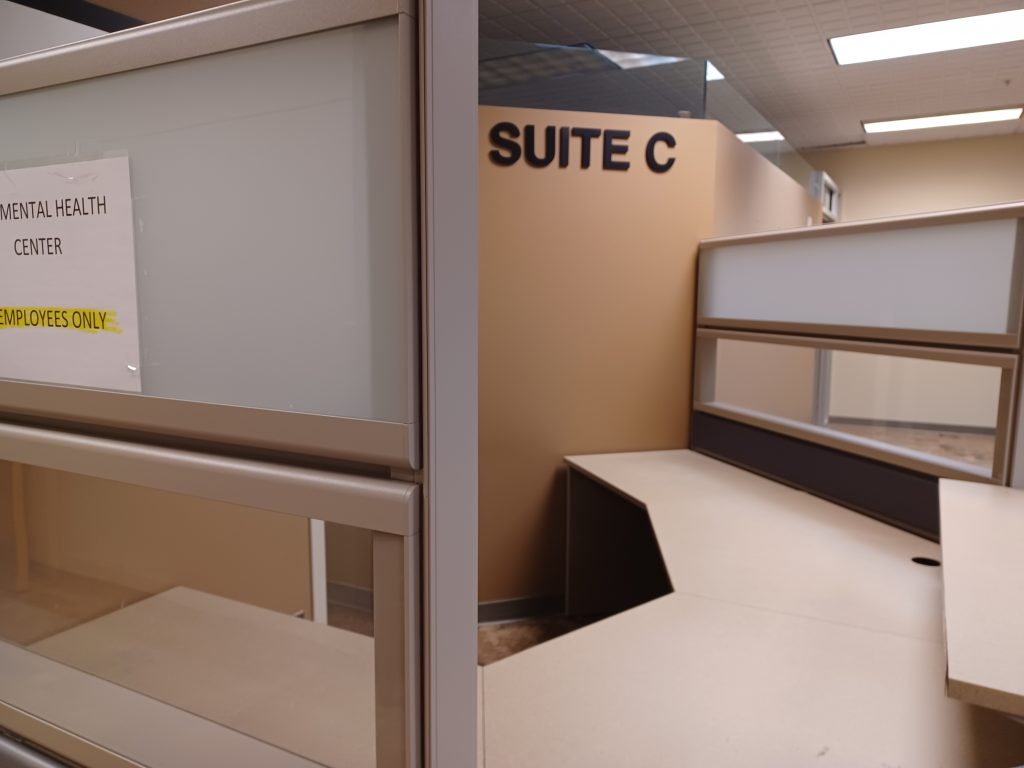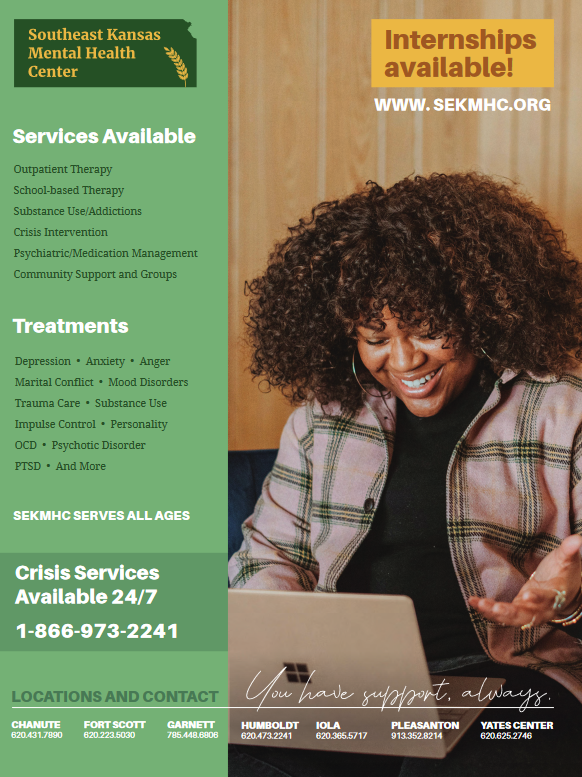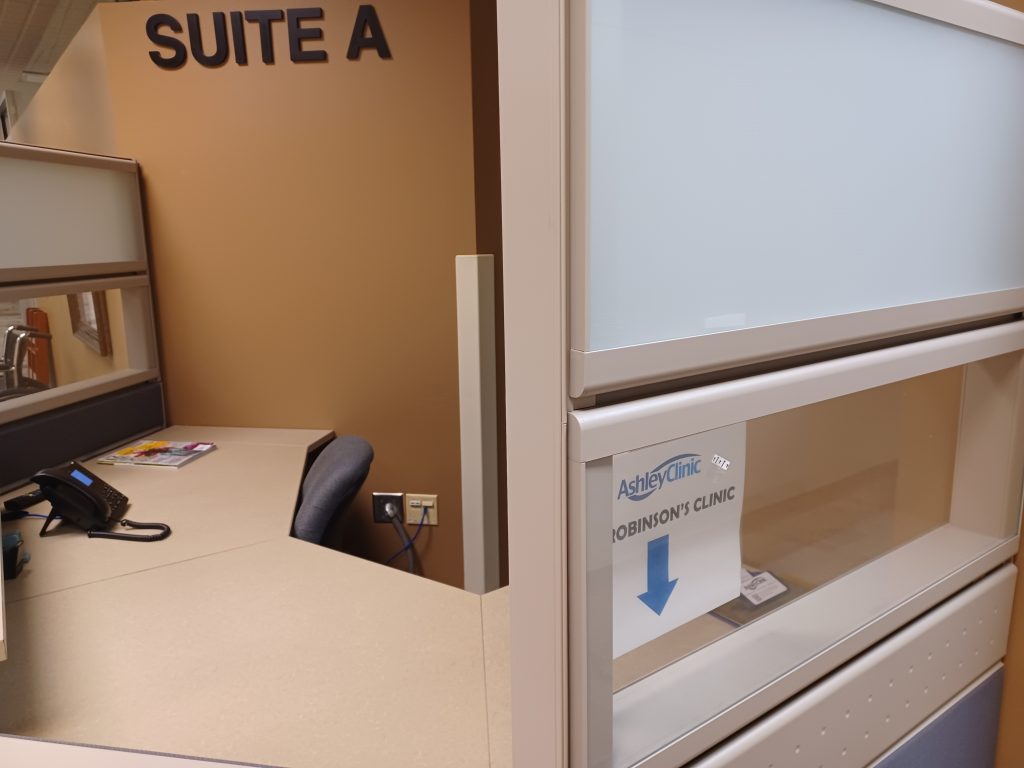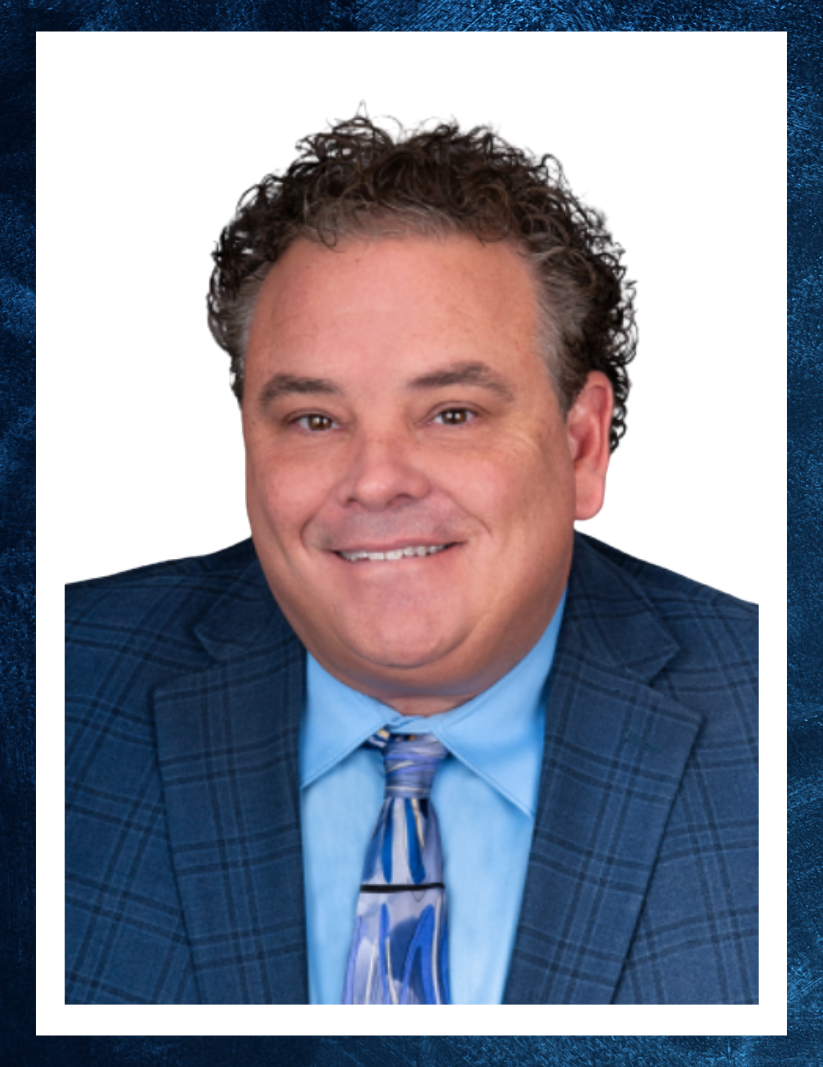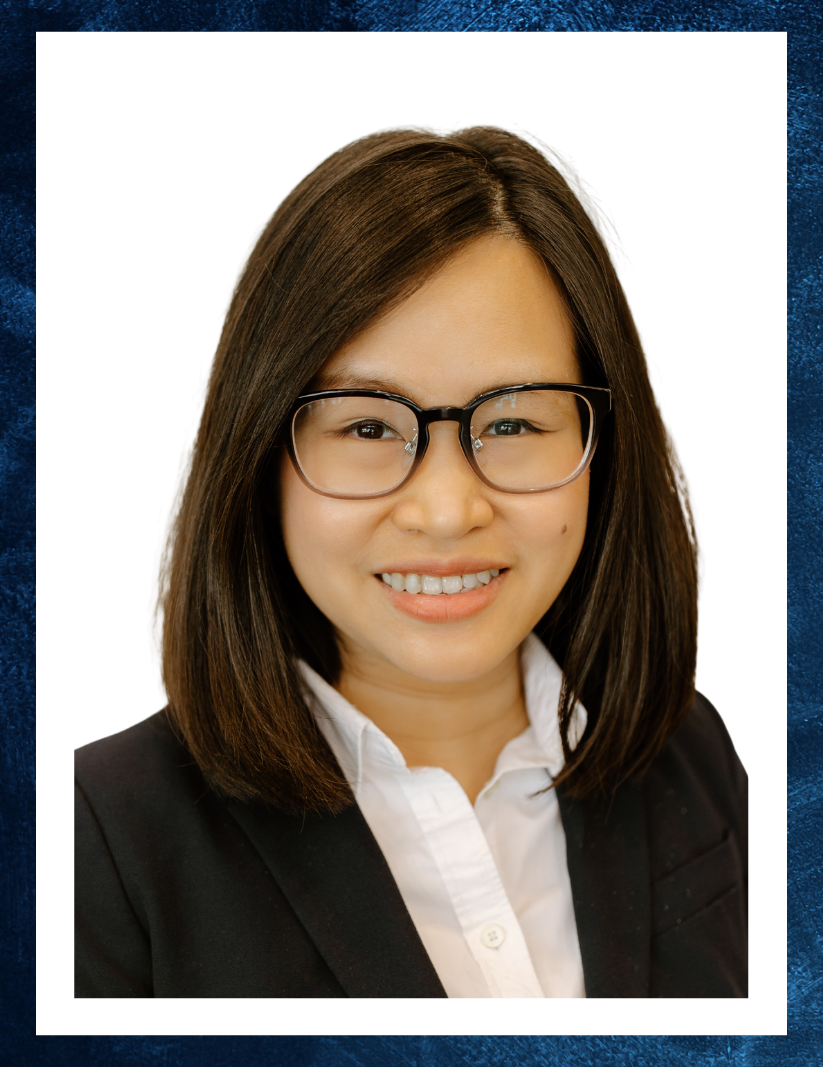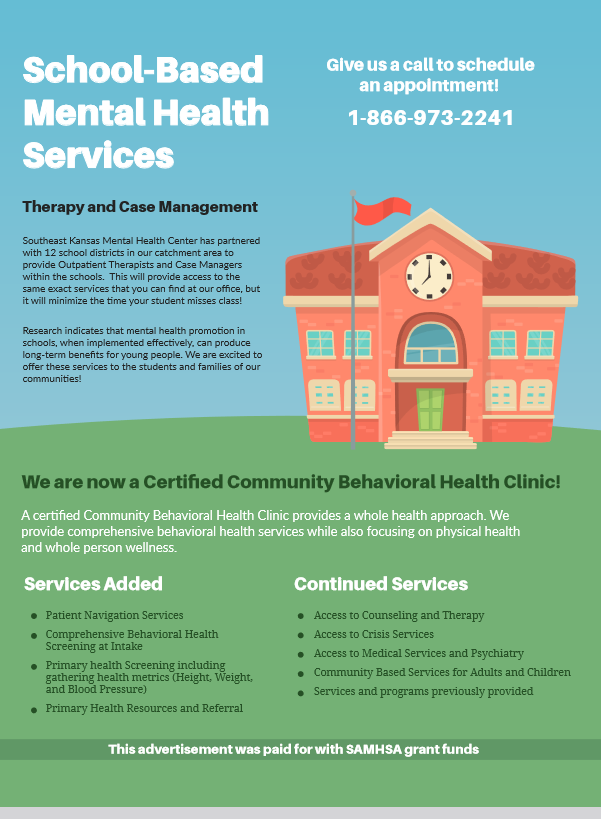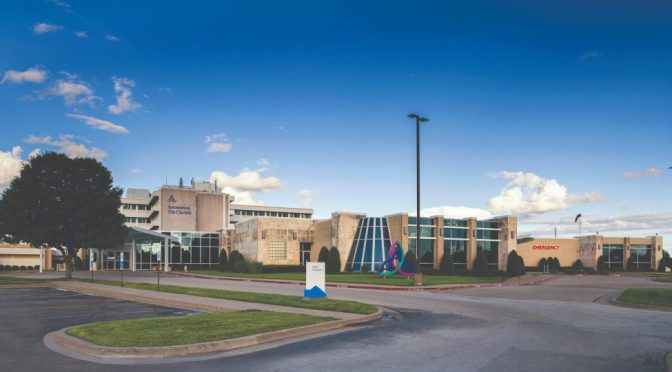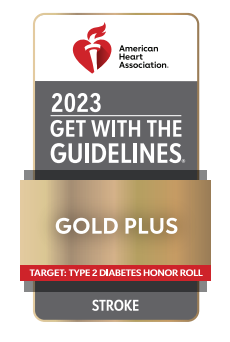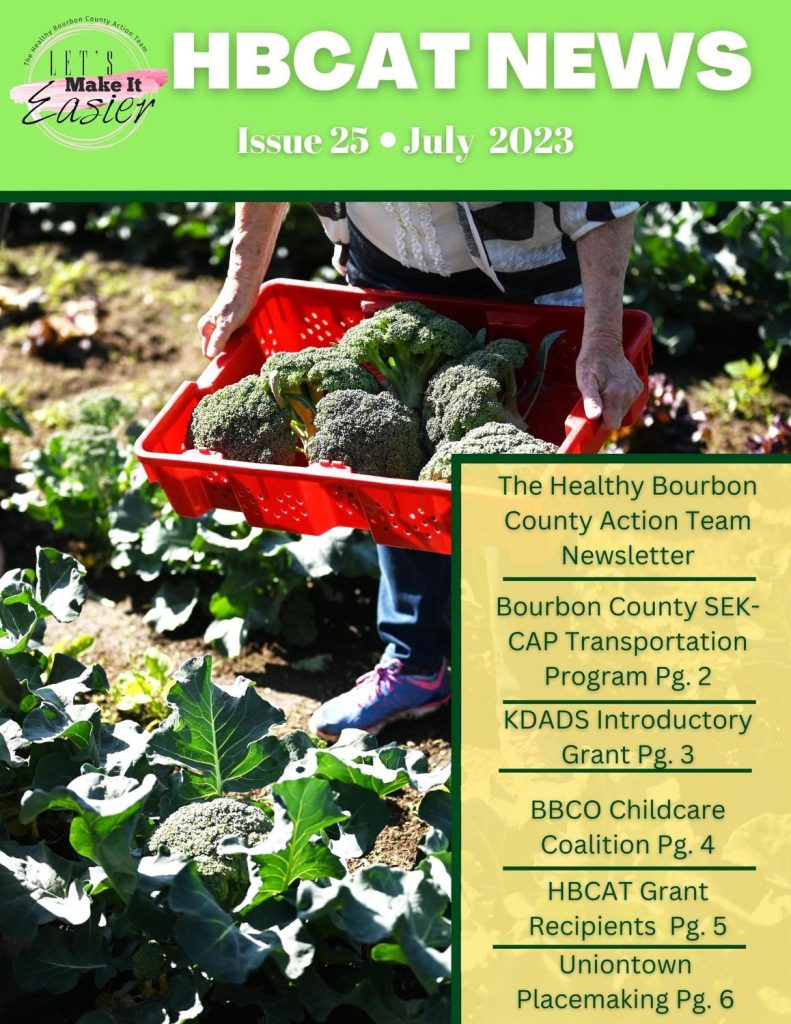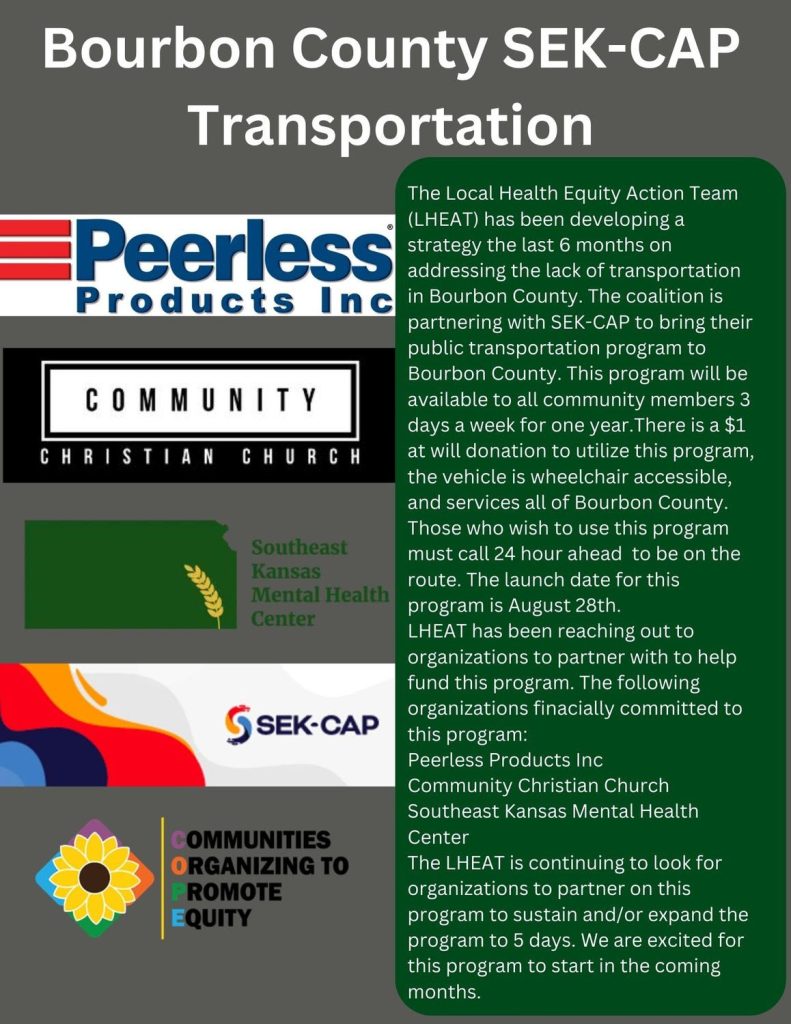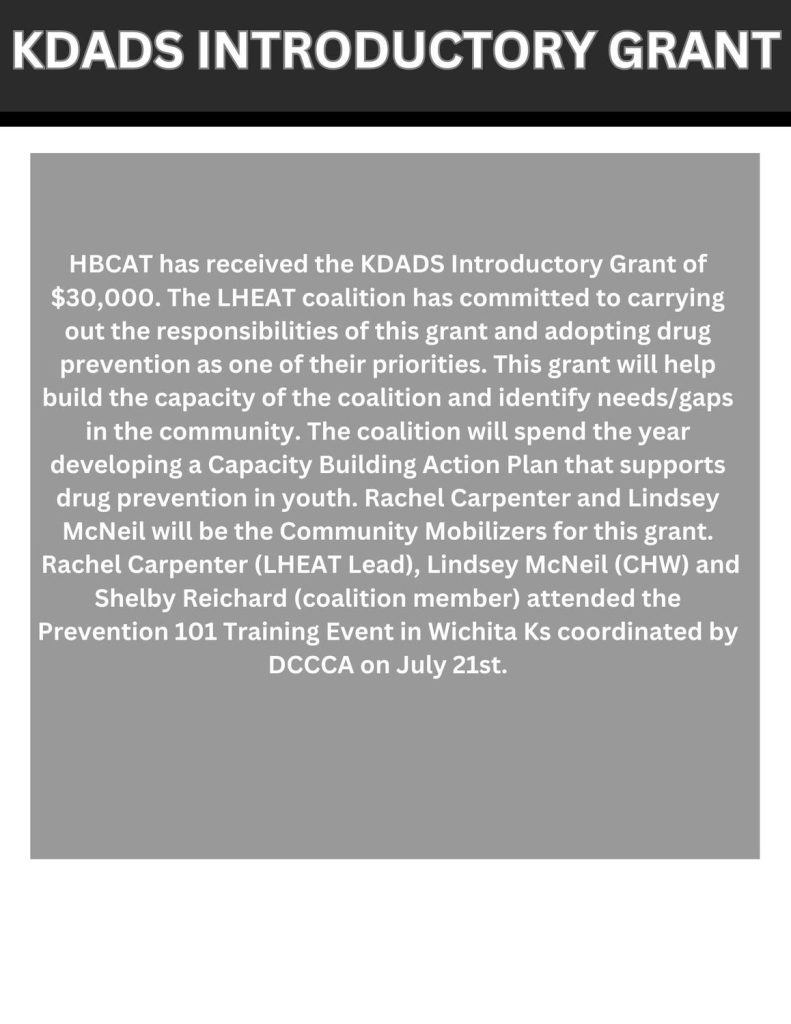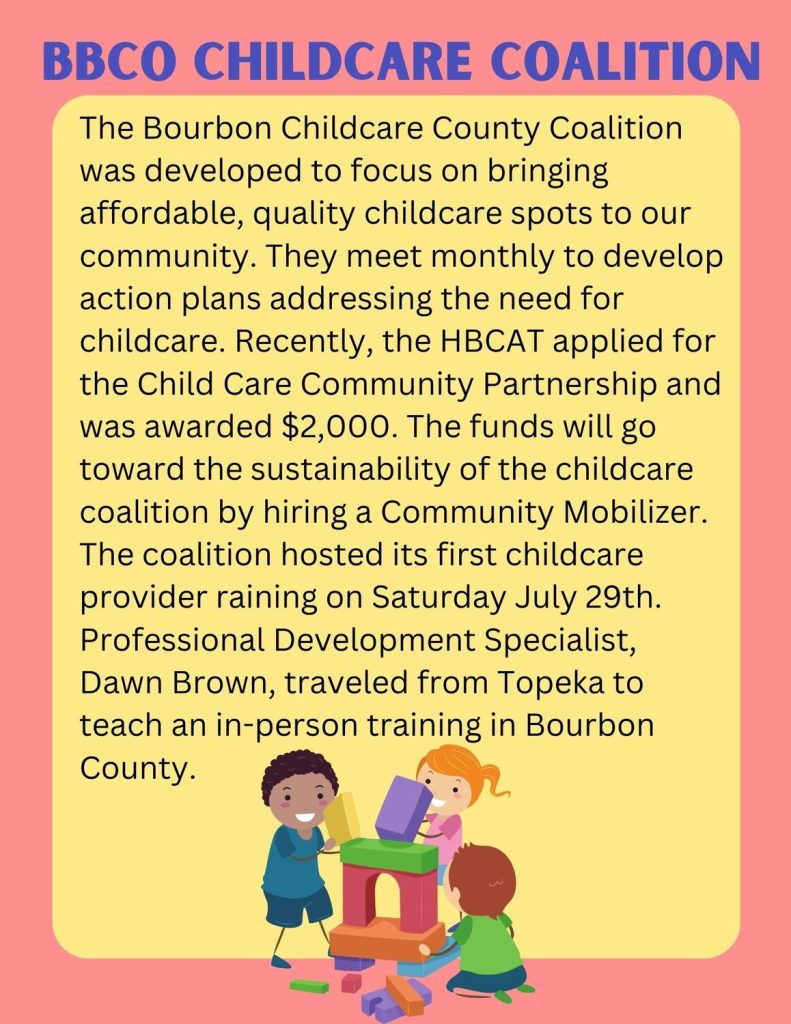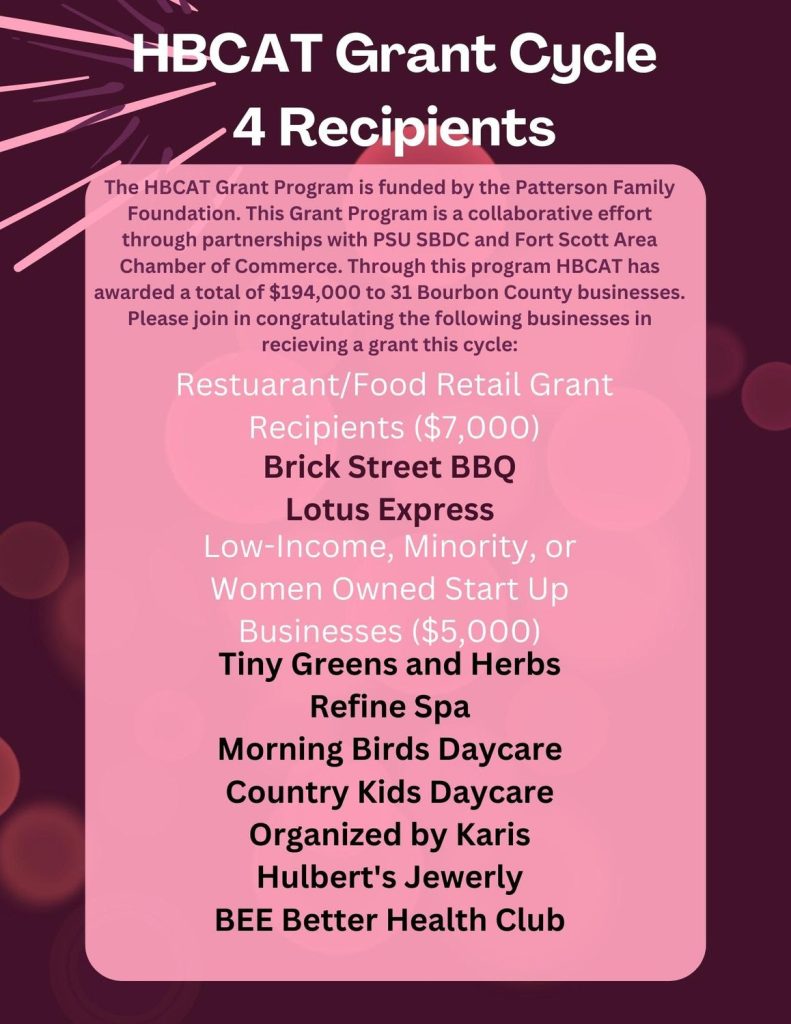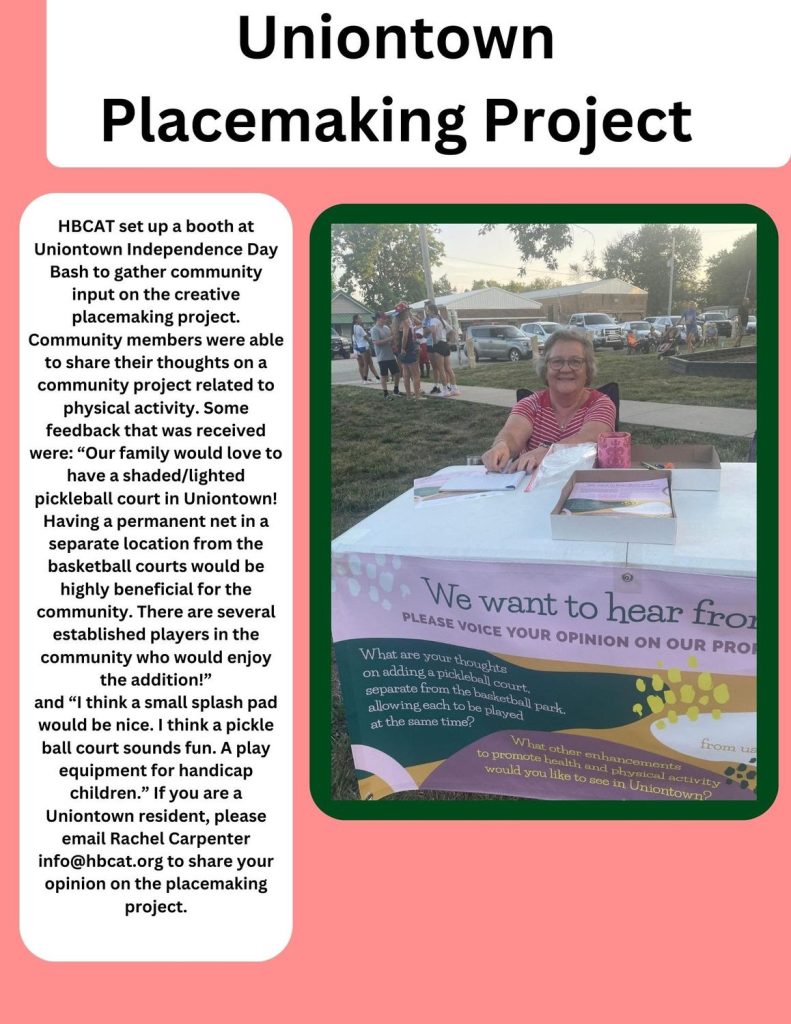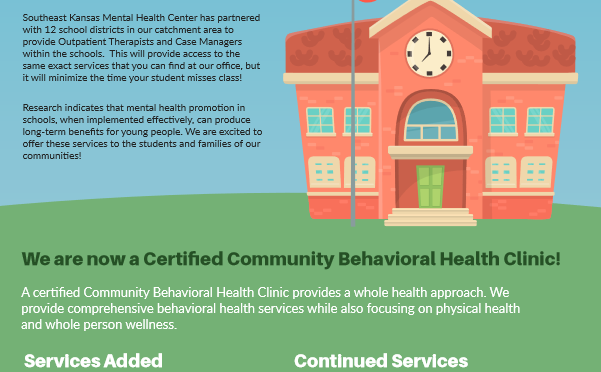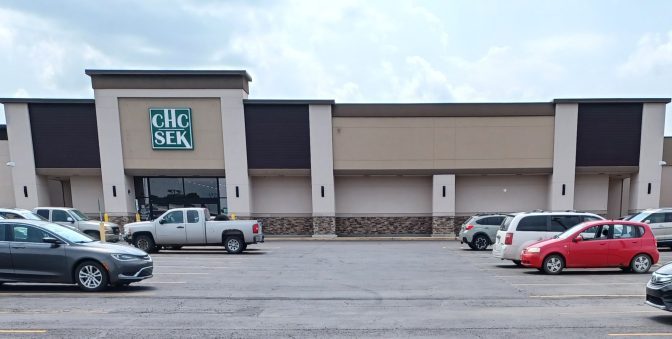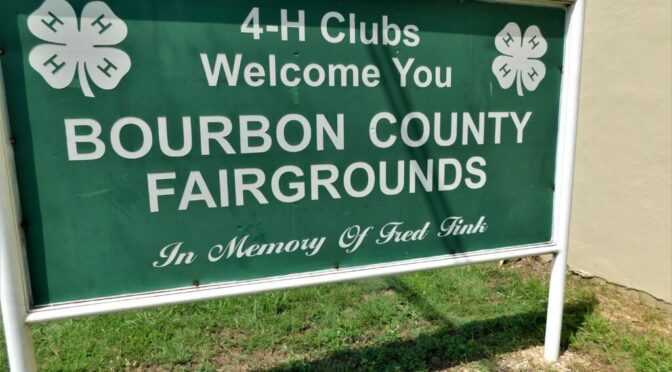Dr. Nathan Box, Otolaryngologist, recently expanded his services at NRMC to include sinus surgery.
Chronic sinusitis, or recurrent sinus infections, tend to cause a blocked, congested nose. Patients may experience headaches, pressure in the face and sometimes the sense of smell will be impaired. An additional unpleasant side effect may be post-nasal drip – mucus that drips down the back of the nose/throat. For those that suffer from these constant sinus symptoms and conventional medicines have been unsuccessful, this surgical treatment may be an option.
The goal of sinus surgery is to remove swollen and infected tissues, widening of the nasal passages to increase air flow and remove any potential growths or polyps. Recovery varies by patient and severity of symptoms, but most can expect to fully resume normal activities within a couple weeks.
Dr. Box provides Ear, Nose & Throat services every Monday, Tuesday and Wednesday.
His offices are located on the 2nd floor clinic of the south tower at NRMC. Appointments can be made by calling 417-448-2121.
About Nevada Regional Medical Center
Serving a six-county area since 1937, Nevada Regional Medical Center is a 71-bed acute, intensive and skilled care hospital. Nevada Regional Medical Center has earned recognition as a respected regional medical center for its comprehensive health care services, skilled and caring employees and state-of-the-art medical technology. Staff represent more than a dozen medical specialties, including family practice, women’s services, neurology, urology, psychiatry, wound care services, and general, vascular, thoracic and oncological surgery. Additionally, consultation clinics are held regularly by specialists in pulmonology, podiatry, ear, nose, and throat and cardiology.
